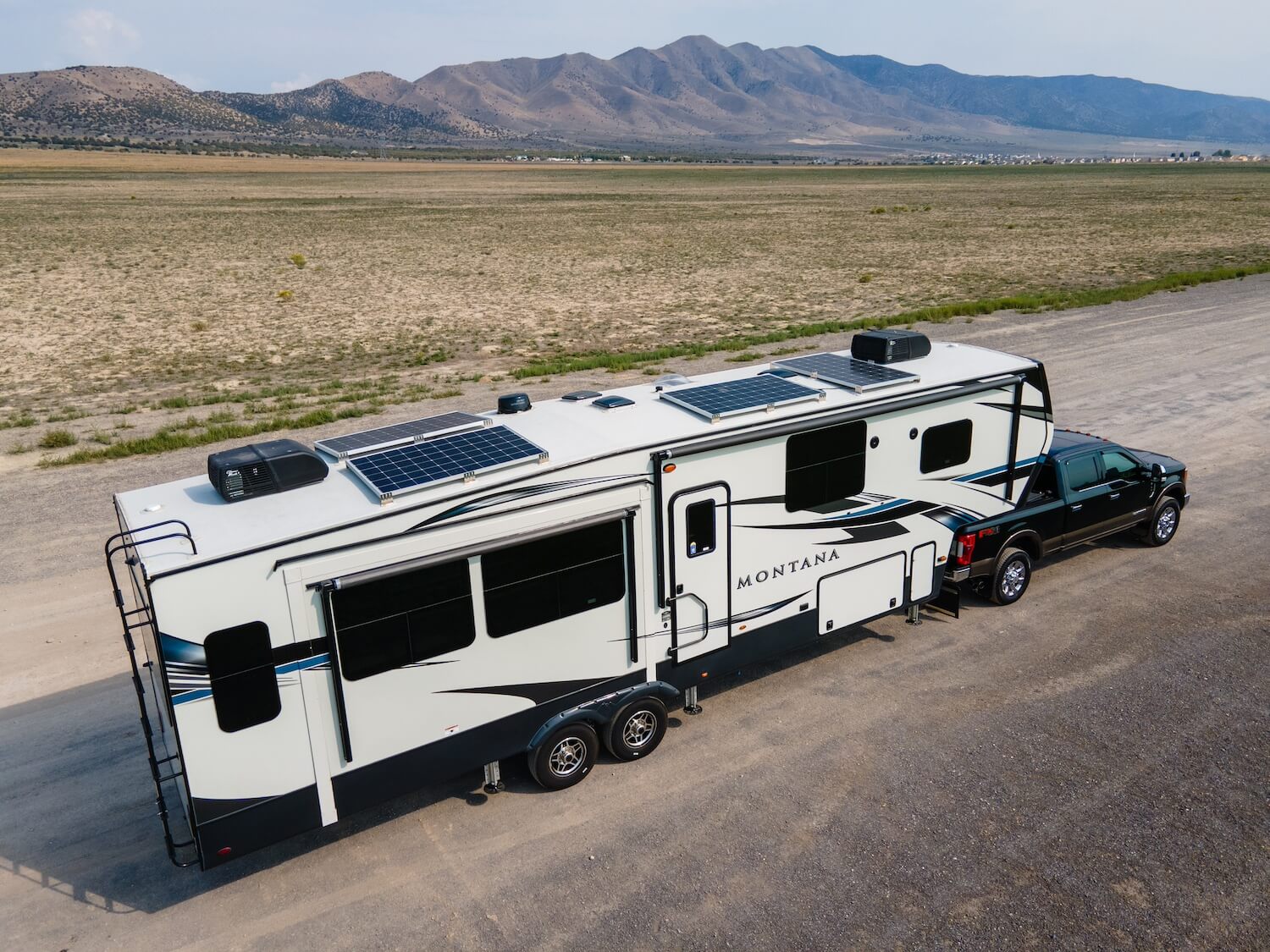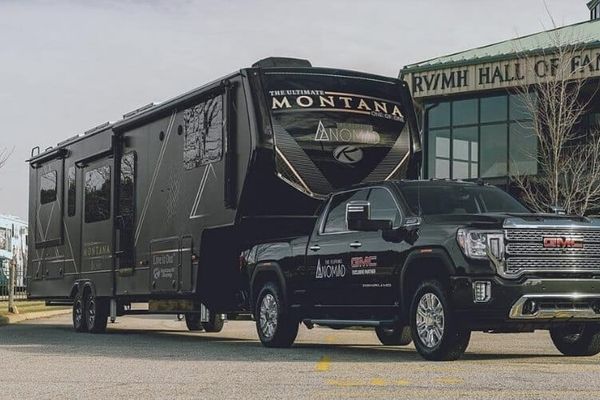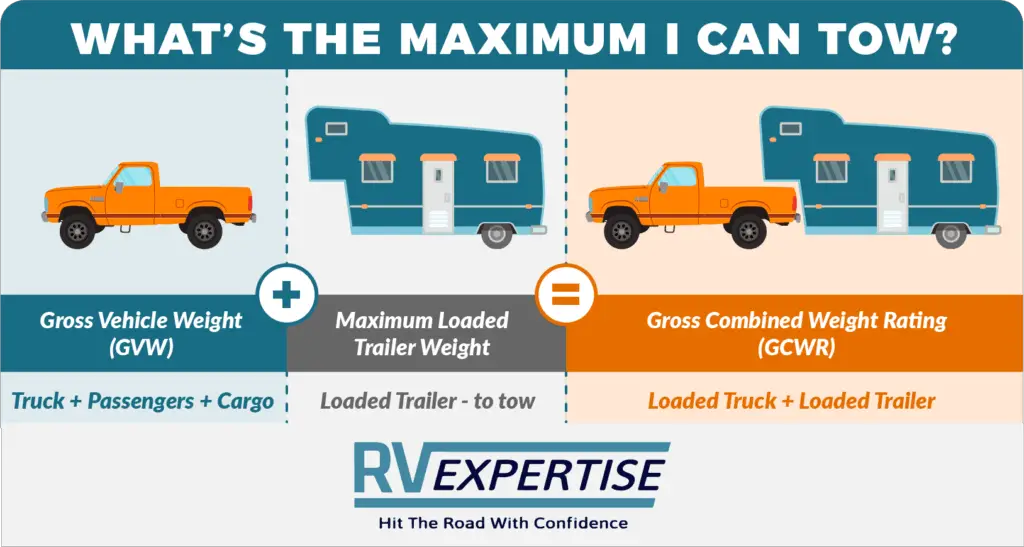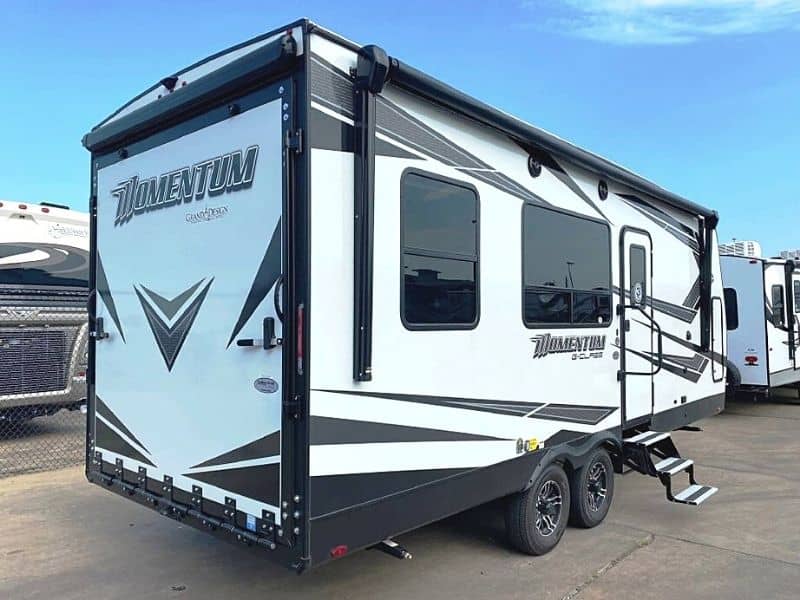How Much Does A Fifth Wheel Weigh

Fifth wheel weights are a critical factor for safe towing and legal compliance, and understanding these figures is non-negotiable. Exceeding weight limits can lead to catastrophic accidents and hefty fines.
This report provides a concise overview of fifth wheel weights, covering typical ranges, factors influencing weight, and essential considerations for buyers and owners.
Understanding Fifth Wheel Weight Categories
There are several key weight categories to be aware of when dealing with fifth wheels.
Dry Weight (Unloaded Vehicle Weight - UVW)
The UVW or dry weight is the weight of the fifth wheel as it leaves the factory. This includes the standard features but excludes cargo, water, propane, and battery.
According to RV manufacturers' specifications analyzed, the dry weight of fifth wheels can range from 7,000 lbs to over 16,000 lbs. Smaller, lighter models are towards the lower end, while luxury or extended-stay fifth wheels weigh considerably more.
Gross Vehicle Weight Rating (GVWR)
The GVWR is the maximum permissible weight of the fully loaded fifth wheel. This includes the dry weight plus all cargo, fluids, passengers (if applicable), and accessories.
GVWR ranges typically from 10,000 lbs to 20,000 lbs or more, depending on the model and its intended use. Always check the manufacturer's plate located on the fifth wheel for the specific GVWR.
Cargo Carrying Capacity (CCC)
The CCC is the maximum weight of cargo you can safely add to the fifth wheel. It's calculated by subtracting the UVW from the GVWR.
Understanding the CCC is crucial to avoid overloading your RV. Experts recommend accurately weighing your cargo and fluids to stay within the specified limits.
Pin Weight
Pin weight refers to the weight exerted by the fifth wheel on the tow vehicle's hitch. This is a crucial factor in determining if your truck is capable of towing the fifth wheel.
Pin weights typically range from 15% to 25% of the fifth wheel's GVWR. For example, a fifth wheel with a GVWR of 12,000 lbs could have a pin weight between 1,800 lbs and 3,000 lbs.
Factors Influencing Fifth Wheel Weight
Several factors contribute to the overall weight of a fifth wheel.
Size and Floor Plan: Larger fifth wheels with multiple slide-outs and complex floor plans will generally weigh more.
Materials and Construction: The materials used in construction, such as lightweight aluminum frames or heavier wood framing, affect the weight.
Features and Amenities: Luxury features like residential refrigerators, multiple air conditioners, and onboard generators add significant weight.
Typical Weight Ranges by Fifth Wheel Type
Fifth wheels can be categorized by size and features, each impacting their weight.
Lightweight Fifth Wheels: These models prioritize fuel efficiency and ease of towing, often with dry weights between 7,000 lbs and 9,000 lbs.
Mid-Size Fifth Wheels: Offering a balance of space and towability, these generally range from 9,000 lbs to 13,000 lbs dry weight.
Luxury Fifth Wheels: Featuring high-end amenities and spacious layouts, luxury models can easily exceed 13,000 lbs dry weight and reach up to 16,000 lbs or more.
The Importance of Weighing Your Fifth Wheel
Relying solely on manufacturer-stated weights isn't sufficient for safe towing. Actual weights can vary due to added options and personal belongings.
CAT scales are a reliable option for obtaining accurate weights. Weighing your rig ensures you stay within weight limits and prevent potential safety hazards.
Consequences of Exceeding Weight Limits
Overloading a fifth wheel has serious consequences.
Safety Risks: Overweight RVs have reduced braking performance, increased tire stress, and compromised handling, increasing the risk of accidents.
Legal Penalties: Exceeding weight limits can result in fines and citations from law enforcement.
Damage and Wear: Overloading can damage the fifth wheel's frame, axles, and tires, leading to costly repairs.
Essential Steps for Fifth Wheel Owners
Prioritize safety and compliance by taking these actions.
Consult the Owner's Manual: Review the owner's manual for weight ratings and towing guidelines.
Weigh Your Rig: Use a certified scale to determine the actual weight of your fifth wheel, both empty and loaded.
Proper Weight Distribution: Distribute cargo evenly to maintain balance and prevent excessive stress on axles and tires.
Conclusion
Accurate knowledge of fifth wheel weights is paramount for responsible RV ownership. Neglecting weight considerations poses significant safety risks and potential legal ramifications.
Regularly monitor your rig's weight and adhere to manufacturer specifications to ensure safe and enjoyable travels.
Stay informed on updates to weight regulations and advancements in RV technology by consulting reputable sources and industry experts.

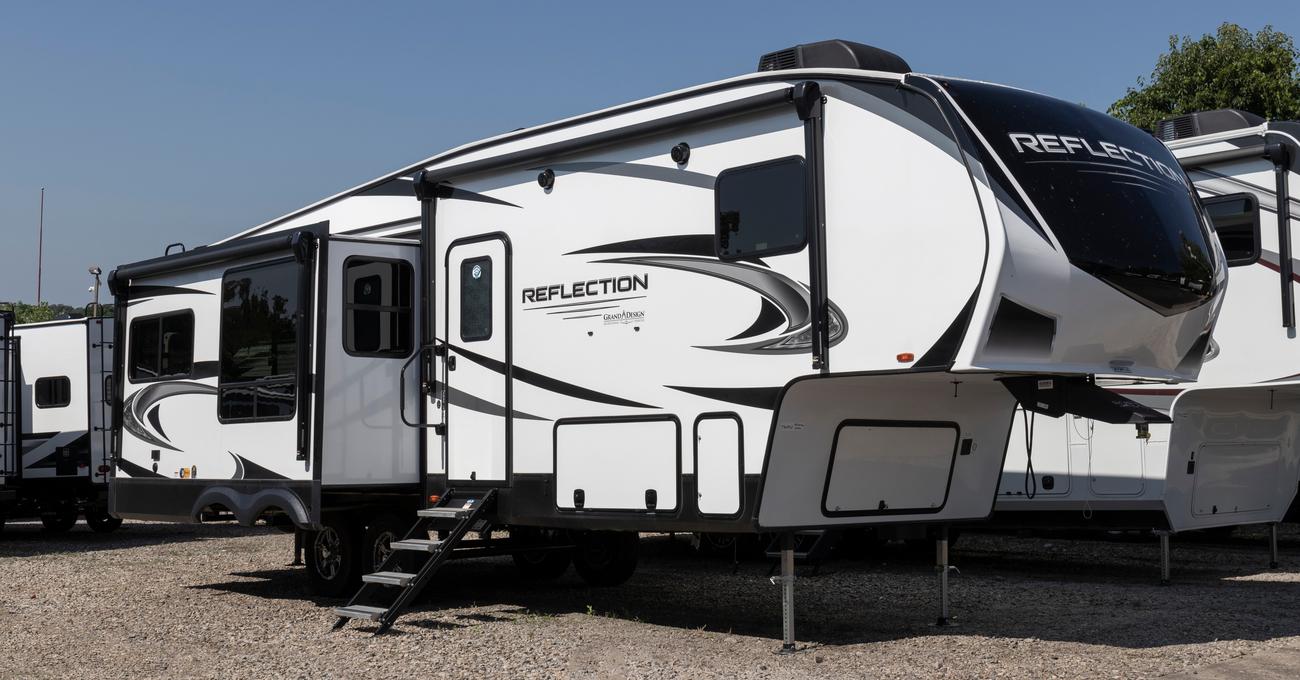



![How Much Does A Fifth Wheel Weigh How Much Do Toy Haulers Typically Weigh? [Inc. 11 Examples]](https://vehq.com/wp-content/uploads/2021/09/fifth-wheel-toy-hauler-being-driven-by-a-mover-along-a-winding-road.-How-Much-Do-Toy-Haulers-Typically-Weigh-Including-11-Examples.png)
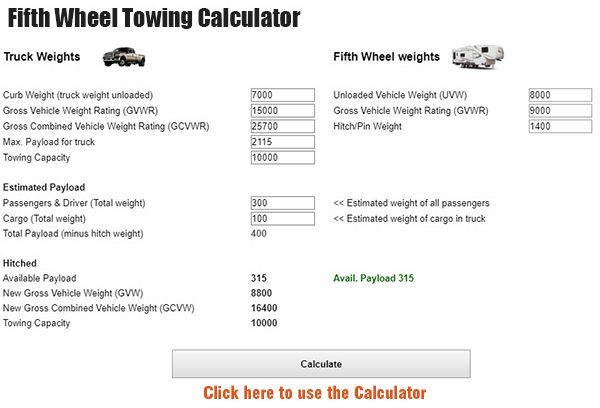
![How Much Does A Fifth Wheel Weigh How Much Does an RV Weigh? [Complete Guide]](https://dustytrailrv.com/wp-content/uploads/2024/07/DUSTYTRAIL-RV-WEIGHT-3-2-1024x572.png)

